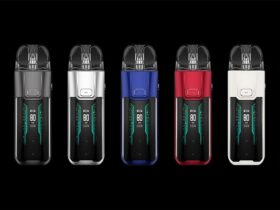Motorists deprived of rights to drive a vehicle for driving “under a degree” offer to return a driver’s license. This will affect those drivers whose blood in the blood was below 0.2 ppm.
Igor Lebedev, the Vice Speaker of the State Duma, Andrei Svintsov, a member of the property committee, as well as Yaroslav Nilov, the head of the Committee on Public Organizations, made a similar initiative. Officials are preparing an “amnesty” for those whose blood in the blood of which turned out to be less than 0.2 ppm, Yaroslav Nilov explained. The corresponding order will be written in the Administrative Code. A decree will be made, according to which the rights will be returned to those who were deprived of them. For information, the State Duma is currently actively discussing the norm regarding the abolition of zero ppm. Last week, Vadim Tulpanov, Vladimir Fedorov, Andrey Klishas (representatives of the Federation Council) opposed the “zero”.The deputies initiated the introduction of a permissible norm of 0.3 ppm, arguing that otherwise the driver who took medications or consumed a glass of kefir will be recognized as drunk. Such a measure will protect a person from an unjustified fine or imprisonment, Tulip believes. It is expected that the proposal will be considered as an adjustment to the draft law of Irina Yarova, the head of the Duma Security Committee, which concerns the tightening of the punishment of drunk drivers. The ardent defender of rationing the level of alcohol in the blood of motorists is Vyacheslav Lysakov, deputy chairman of the State Duma Committee. He proposed to amend the bill and. Yarovoy, which allows 0.2 ppm. The deputy claims that the adjustment has already been supported by more than 50 of his colleagues. The bill under consideration significantly enhances the punishment of drunk drivers. Repeated driving in a state of intoxication will be punishable by a fine of 200 thousand. rub. An alternative to the indicated punishment – compulsory work (up to 480 hours), forced labor (up to 2 years), arrest (up to six months).












Оставить коммент.